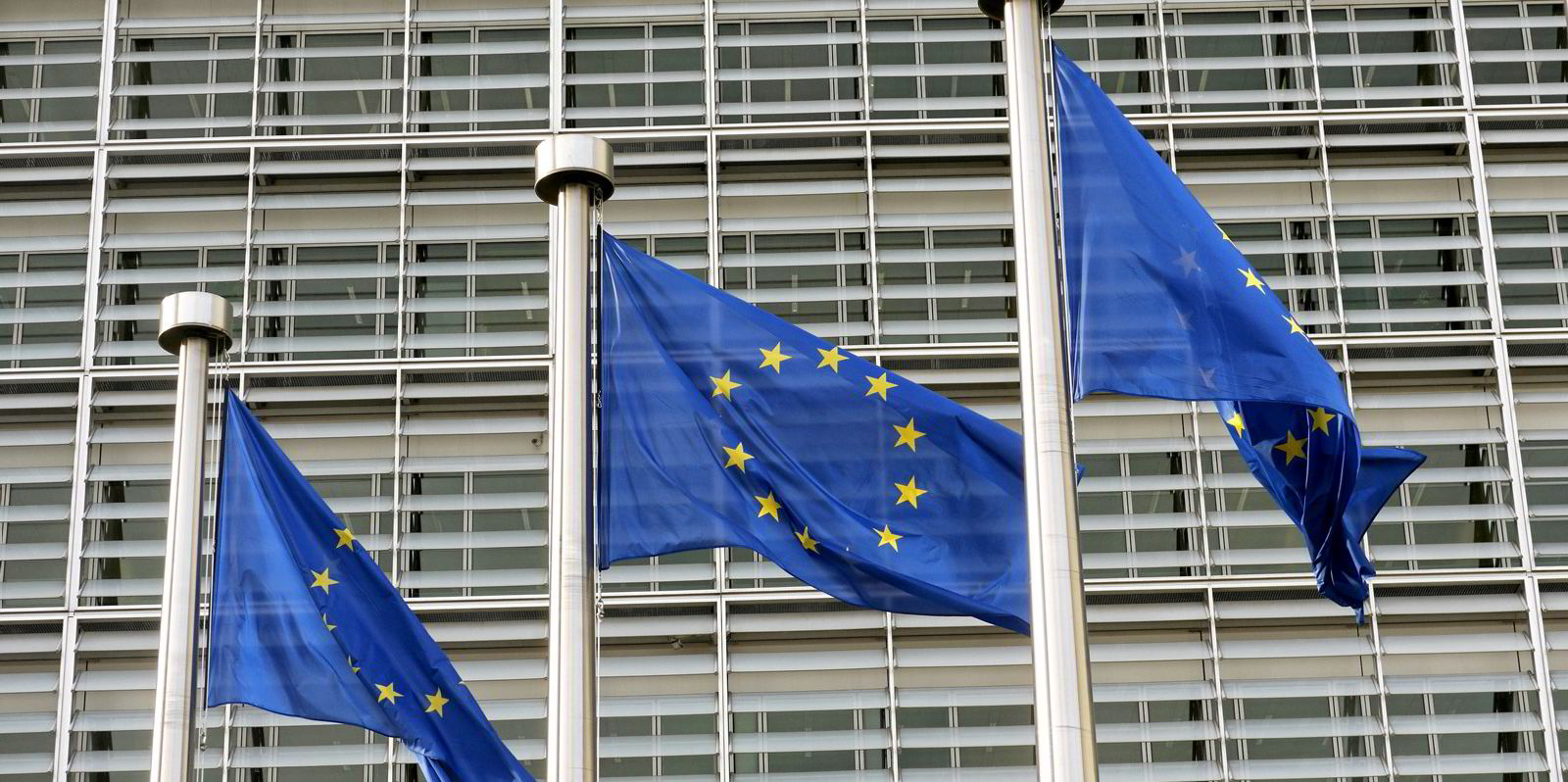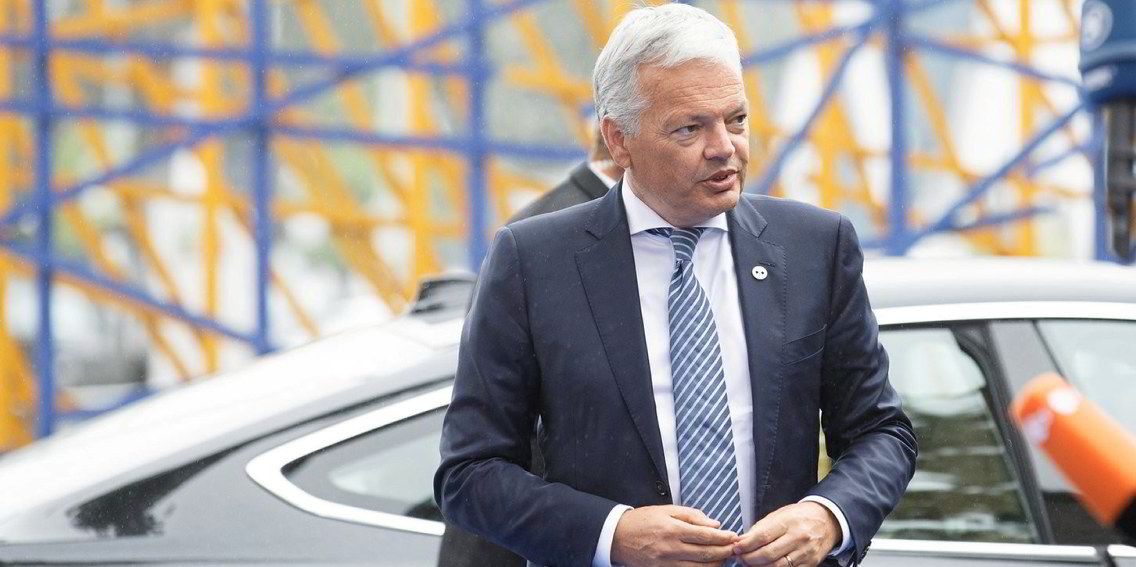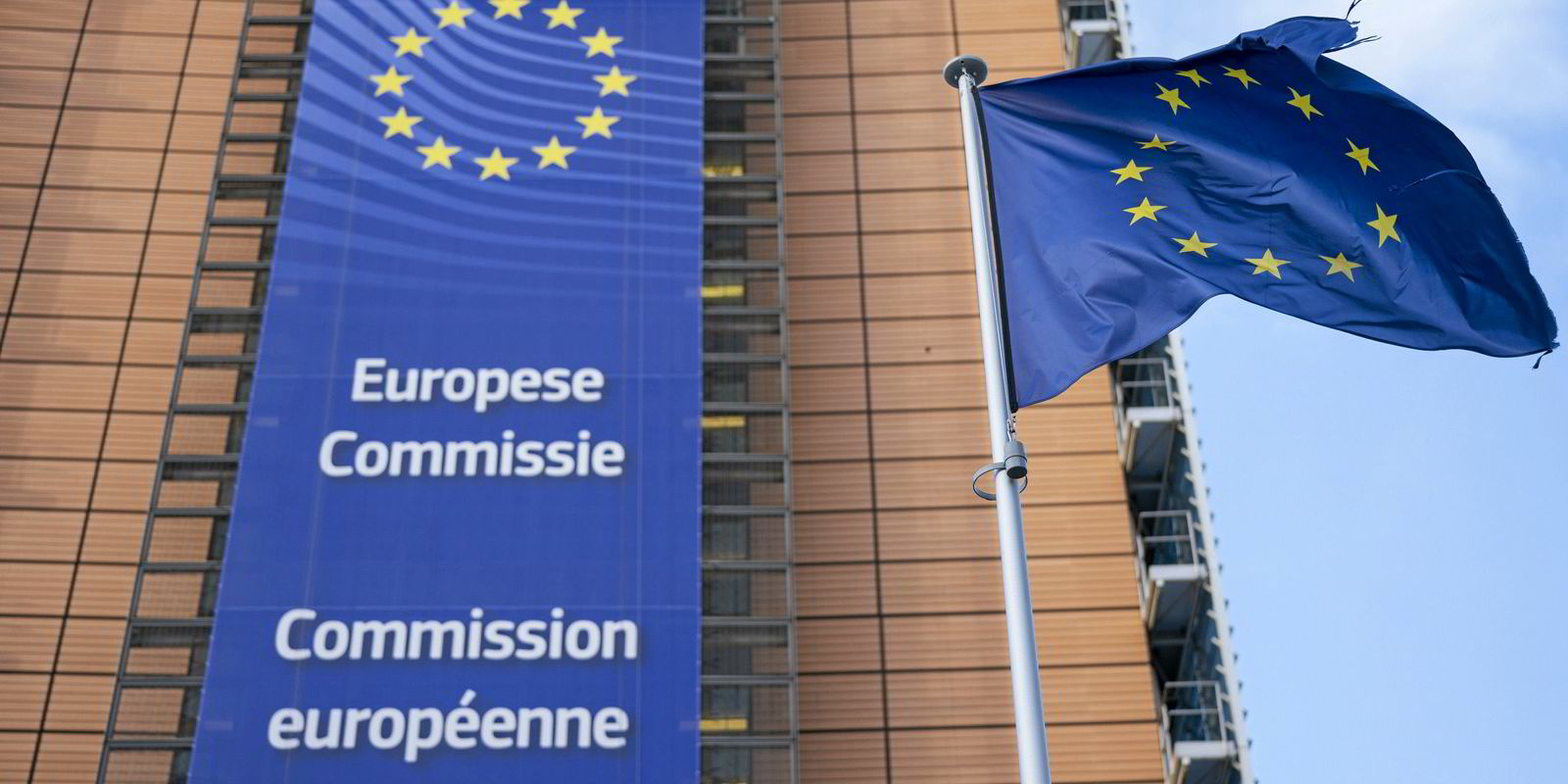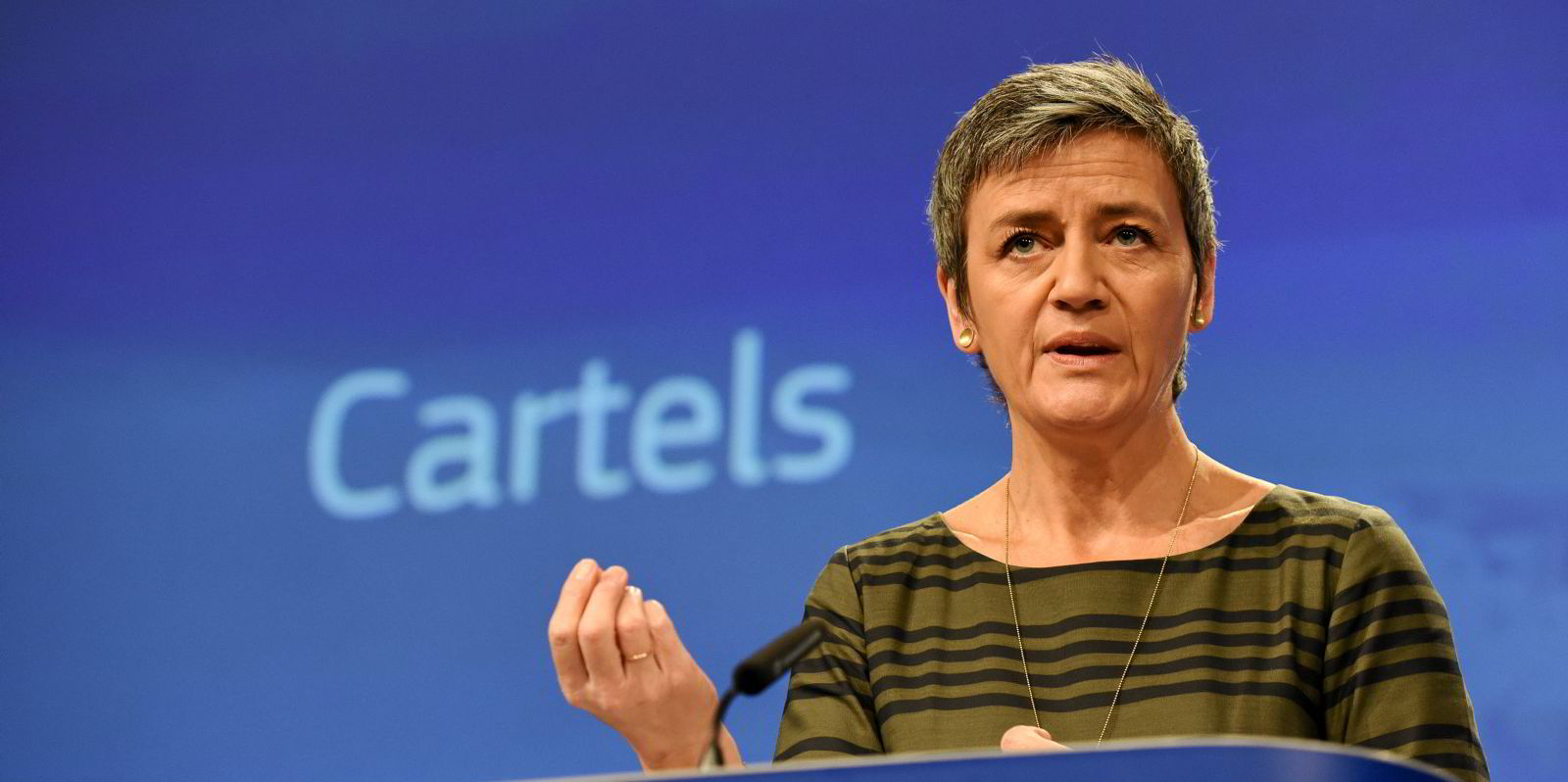The European Commission is ending a legal loophole that exempted liner shipping consortia from Europe’s antitrust rules.
The regulator said the legislation, known as the Consortia Block Exemption Regulation (CBER), “no longer promotes competition in the shipping sector”.
Therefore, the block exemption will not be extended but will expire on 25 April 2024.
The decision comes on the basis of evidence gathered on the functioning of the CBER, which allows shipping lines to enter into cooperation agreements to provide joint cargo transport services, also known as “consortia”.
Lines with a combined market share of less than 30% have been allowed to cooperate or provide joint services on European trades.
But the findings, published today in a Staff Working Document, seek to end the rules under which lines have operated in consortia to Europe for the past 14 years.
“Overall, the evidence collected from the stakeholders points towards the low or limited effectiveness and efficiency of the CBER throughout the 2020-2023 period,” the EC said.
The CBER was adopted by the EC in 2009, following the end of the block exemption for liner shipping conferences in 2008.
It has been renewed twice since then, in 2015 and 2020.
Limited savings
Liner companies have argued that the consortia are purely operational agreements, allowing them to serve more ports than would normally be possible.
But the EC’s conclusions are based on the liner shipping industry from 2020 to 2023, a period that covers the greatest boom liner shipping has ever seen.
“Given the small number and profile of consortia falling within the scope of the CBER, the CBER brings limited compliance cost savings to carriers and plays a secondary role in carriers’ decision to cooperate,” the EC said.
“Furthermore, over the evaluation period, the CBER was no longer enabling smaller carriers to cooperate among each other and offer alternative services in competition with larger carriers.”
Shipowner lobbies, including the World Shipping Council (WSC), the International Chamber of Shipping and the Asian Shipowners’ Association, argue that consortia help reduce transport emissions, increase competitiveness and improve efficiency to reduce costs.
John Butler, president of the WSC, said: “We disagree with the logic behind the decision to discontinue the CBER.
“The shift to general EU antitrust rules will create a period of uncertainty as carriers adjust to the new legal structure.”
The EC said that the expiry of the CBER does not mean that cooperation between shipping lines becomes unlawful under European Union antitrust rules.
Instead, carriers operating to or from the EU will assess the compatibility of their cooperation agreements with EU antitrust rules.
These will be based on guidance provided by Horizontal Block Exemption Regulation (HBER), which entered into force on 1 July.
The HBER will assess the compatibility of horizontal cooperation agreements with EU competition rules.
New market conditions
Commissioner Didier Reynders, who is in charge of competition policy, said: “Shipping services are crucial to European and world trade.
“This key sector has undergone significant structural changes, such as carriers’ consolidation, global alliances and vertical integration, resulting in new market conditions, which became apparent during the coronavirus pandemic.

“Our evaluation has shown that a dedicated block exemption for shipping lines is no longer adapted to those new market conditions. This is why we have decided not to extend the current framework and to let it expire on 25 April 2024.”
The move marks a victory not only for shippers, trade unions, and lobby groups that argued the liner sector has changed drastically since the block exemption was last renewed in 2020.
The EC extended the validity of the CBER in 2014 and 2020.
The extension decided in 2020 was justified by the absence of deterioration in the parameters of competition (mainly freight rates, availability and reliability of services) over the 2014 to 2019 period.
Nevertheless, this extension was limited to four years in order to better account for possible changes in market circumstances.
It follows strong opposition from shippers and national regulators.
The Global Shippers’ Forum described the CBER as “an outdated legal instrument, which is difficult to enforce, open to unintended interpretations”.
Separately, Germany’s influential Federal Cartel Office argued that larger carriers should not benefit from the CBER.





